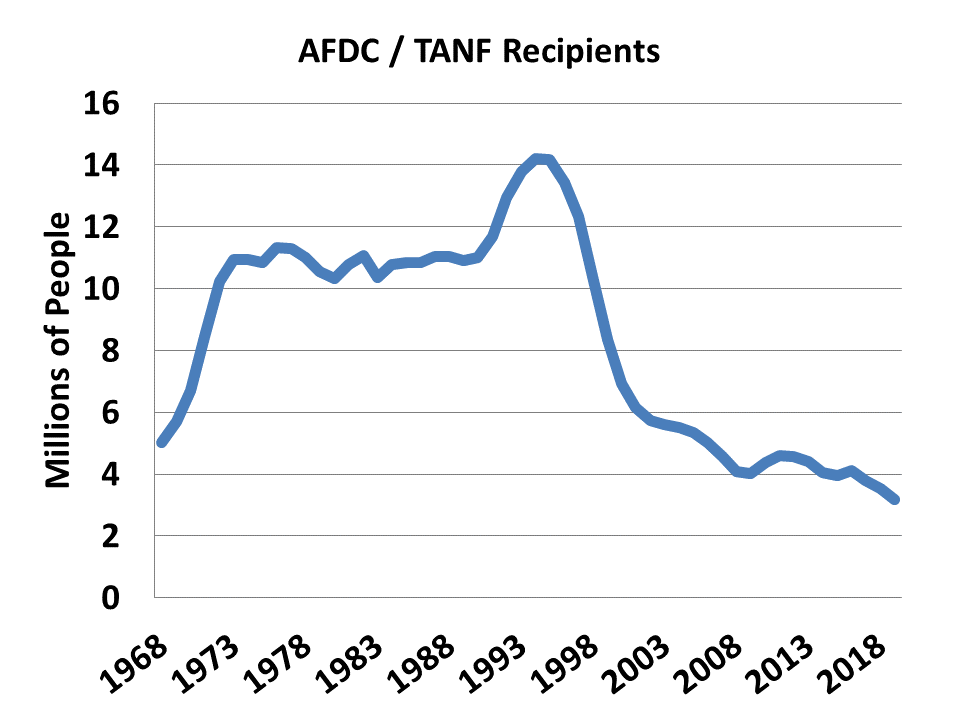We were expecting better from Tennessee Governor Bill Lee.
It seemed when he was running for office that he cast himself in the compassionate conservative mode, but his withholding of $732 million in federal funding for poor Tennesseans is neither compassionate nor conservative.
About $150-180 million of that amount would likely be spent in Shelby County.
The lack of compassion is obvious to anyone with even a passing acquaintance with the demographics of Tennessee but certainly someone who, as a candidate, campaigned all over Tennessee and saw the need firsthand.
After all, our state as more than one million people living below the poverty line, and the poverty rate is especially high from the nine counties in Appalachia where incomes are less than half the national average – from $15,282 to $19,771 – to the concentrated poverty in more than 100 census tracts in Memphis.
In Tennessee, there are roughly 150% more Caucasians in poverty than African Americans. Of the total African Americans living in poverty in Tennessee, 56% live in Shelby County. In other words, the benefits from the money being withheld by Governor Lee defy simplistic talking points that in the capitol have so often been anti-urban and anti-black.
Punching Bags
Meanwhile, conservative principles about investing public money where they have the greatest ROI are also ignored. There is extensive research about the significant return on investment from money spent on interventions and how it multiples many times over by the positive results it produces. In fact, the governor could get some of these reports from his own departments.
There is the cynical – and cruel – axiom in politics that you never lose votes beating up poor people.
We are not yet willing to include Governor Lee in the adherents of this brand of politics, but the decision he makes on this $732 million will be the ultimate indication.
It’s disturbing how many times over the years people living in poverty have served as punching bags for opportunistic politicians in both parties and no modern president is immune from the charge.
The Mythology
For us, it accelerated with President Bill Clinton’s “welfare to work” program – The Personal Responsibility and Work Opportunity Reconciliation Act of 1996. From that time to the present, poor families have learned that “welfare reform” means that they will be treated as problems and that some of the threads holding together the social net programs will be invariably cut.
Even Mr. Clinton’s program – which was judged a success by how much welfare funding was reduced rather than how many people were actually helped – was founded on the notion that the problem with poor people could be solved if they were treated with tough love.
Mr. Clinton’s mythology about “lifting people out of poverty” led to the end of cash assistance programs for low-income families, Aids to Families with Dependent Children (AFDC), and instituted the more restrictive Temporary Assistance for Needy Families (TANF) with its punitive approach.
Despite all of the promises about improving the lives of poor families and moving them from dependency to self-sufficiency, two decades later, poverty rolls did indeed shrink but concentrated, extreme poverty has only grown.
Ignoring The Facts
Republicans now use the 1996 law – and its introduction of TANF block grants – as the launching pad to make even more severe changes in safety net programs, including Medicaid and food stamps. They point often to the declining welfare caseload but fail to mention that studies of TANF conclude that it barely reaches the poorest Americans. For them, the talking point about “living people out of poverty” is merely political myth.
Today, TANF only provides cash assistance to 23% of all families in poverty, a record low, a drastic reduction from the time when about 75% of all poor families received help.
That record of declining effectiveness plus Governor Lee’s stockpiling TANF funding rather than spend it on people who need it are reason enough to be cautious about his proposal for Tennessee to become the first state to receive federal approval for a block grant of Medicaid funding.
The block grant idea is one of the pet solutions by conservatives to fundamentally change, if not eventually end, the program. The idea is that with the block grants, there would be annual increases in funding but it would correspond to inflation rather than to actual growth in costs, producing a winnowing of the number of people who can receive help.
A State Slush Fund
As for TANF, federal law allows states to treat it as a slush fund for expenses once funded by state governments, and the law gives states wide latitude and builds in incentives to kick people off the welfare rolls.
Put another way, if TANF is the case study, there is the objective for the federal safety net to be ultimately eliminated. That is the definition of “entitlement reform” by conservatives and libertarians, and despite our hopes to the contrary, Governor Lee appears to fit neatly in that group.
His treatment of the TANF block grant is reason enough to be wary about any proposal for a Medicaid block grant.
The governor’s comments that his TANF slush fund will “be put to use when the needs are there” is not only weak, it is nothing short of administrative malpractice in a state with such well-documented problems.
Back when the Tennessee Senate turned down Medicaid expansion, we wrote: “We don’t know how they sleep at night.” And yet, politicians have an uncanny ability to disassociate people from numbers.
It also suggests that the term, compassionate conservative, is mere rhetoric.
***
These commentaries are also posted at the Smart City Memphis’ Facebook page along with daily articles, reports, and commentaries relevant to Memphis




